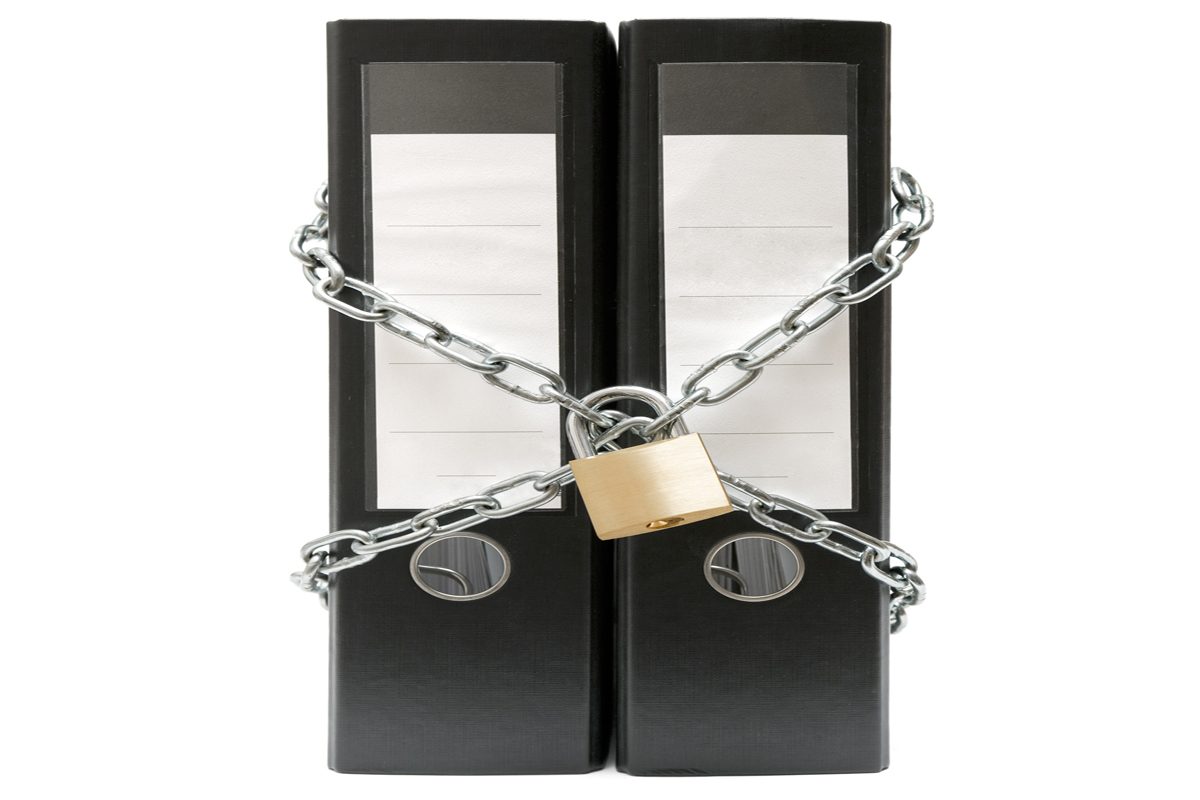ISP email law changes meet stiff opposition
Information retention requirements for ISPs are changing very soon.

Sign up today and you will receive a free copy of our Future Focus 2025 report - the leading guidance on AI, cybersecurity and other IT challenges as per 700+ senior executives
You are now subscribed
Your newsletter sign-up was successful
New rules set to come into force in March will require all Internet Service Providers (ISPs) to keep information about every e-mail sent or received in the UK for a year.
As the day grows closer so the opposition becomes more vocal.
The Home Office says that the data - which will not include the content of the emails - will be essential as it tackles high profile crimes like terrorism. But other groups and experts are concerned that it represents the thin end of the privacy wedge. Add to this the government's previous track record in handling personal data, which puts its role as guardian under greater scrutiny.
In December, the UK's privacy watchdog, the Information Commissioners Office, raised its concerns in a statement. "It is likely that such a scheme would be a step too far for the British way of life," it said.
"Creating huge databases containing personal information is never a risk-free option as it is not possible to fully eliminate the danger that the data will fall into the wrong hands. It is therefore of paramount importance that proposals threatening such intrusion into our lives are fully debated."
Today, Chris Mayers, chief security architect at Citrix, added: "The Government's responsibility is to uphold national security and protect the public. Building a single national database that holds information about every email sent will achieve neither aim. A centralised database merely magnifies the security and privacy risks. With the continuing spate of data leakages, the public is unlikely to feel confident in the security of the database. It is hard to see any public benefit of such a database, whatsoever."
Earlier this week, it was revealed that the Home Office was also supporting calls to let the police use hacking techniques to remotely access personal computers. This proposal was also attacked by privacy and security experts.
Sign up today and you will receive a free copy of our Future Focus 2025 report - the leading guidance on AI, cybersecurity and other IT challenges as per 700+ senior executives
Gary Clark, vice president at SafeNet, said, "It goes without saying that it's been a catastrophic year for data loss. Over the past 12 months, consumers have been left vulnerable because of the lackadaisical approach to protecting data."
He added: "All organisations have a responsibility to protect the information they hold. The public should be able to trust that they are using stringent practices to secure data and have the necessary safeguards in place to protect it. These include identifying process weaknesses, adopting robust security standards and, most importantly, encrypting all sensitive data."
The rules, which come from the European Commission (EC), are due to come into force on 15 March. Under them, any public body that makes a lawful request will be able to access data. The EC said that to aid the practice, the government might have to fund it, paying ISPs between 25 million and 70 million.
Perhaps unwisely, the EC has its annual conference on Computers, Privacy and Data Protection the day after on 16 March. Here it will seek to bring together policymakers, academics, practitioners and activists with the aim of "Identifying and addressing new challenges to be faced by computer privacy and data protection."
The UK Government must pass legislation this year and it has promised to publicly consult on the issues involved.
-
 EU lawmakers want to limit the use of ‘algorithmic management’ systems at work
EU lawmakers want to limit the use of ‘algorithmic management’ systems at workNews All workplace decisions should have human oversight and be transparent, fair, and safe, MEPs insist
-
 LastPass hit with ICO fine after 2022 data breach exposed 1.6 million users – here’s how the incident unfolded
LastPass hit with ICO fine after 2022 data breach exposed 1.6 million users – here’s how the incident unfoldedNews The impact of the LastPass breach was felt by customers as late as December 2024
-
 Enterprises need to patch these Citrix flaws now
Enterprises need to patch these Citrix flaws nowNews Organizations should move quickly to install patches, according to Citrix
-
 ‘Hugely significant’: Experts welcome UK government plans to back down in Apple encryption battle – but it’s not quite over yet
‘Hugely significant’: Experts welcome UK government plans to back down in Apple encryption battle – but it’s not quite over yetNews Tulsi Gabbard, US director of national intelligence, has confirmed the UK plans to back down on plans that would see Apple forced to create a "back door" for authorities.
-
 ‘A huge national security risk’: Thousands of government laptops, tablets, and phones are missing and nowhere to be found
‘A huge national security risk’: Thousands of government laptops, tablets, and phones are missing and nowhere to be foundNews A freedom of information disclosure shows more than 2,000 government-issued phones, tablets, and laptops have been lost or stolen, prompting huge cybersecurity concerns.
-
 European Commission calls for cyber security proposals
European Commission calls for cyber security proposalsNews With a special focus on healthcare, the Commission is looking to allocate €145.5 million
-
 Cyber attacks have rocked UK retailers – here's how you can stay safe
Cyber attacks have rocked UK retailers – here's how you can stay safeNews Following recent attacks on retailers, the NCSC urges other firms to make sure they don't fall victim too
-
 ICO admits it's too slow dealing with complaints – so it's eying up automation to cut staff workloads
ICO admits it's too slow dealing with complaints – so it's eying up automation to cut staff workloadsNews The UK's data protection authority has apologized for being slow to respond to data protection complaints, saying it's been overwhelmed by increased workloads.

